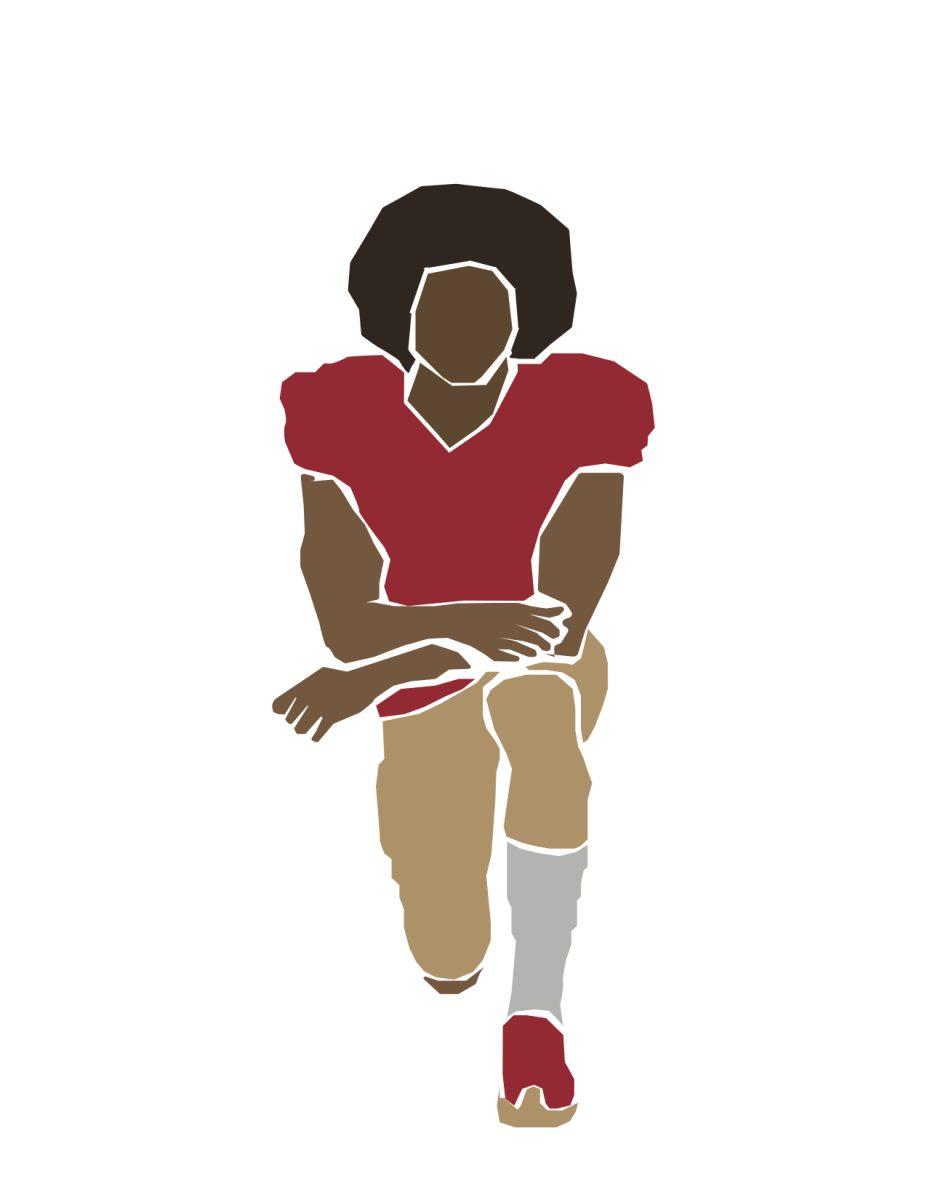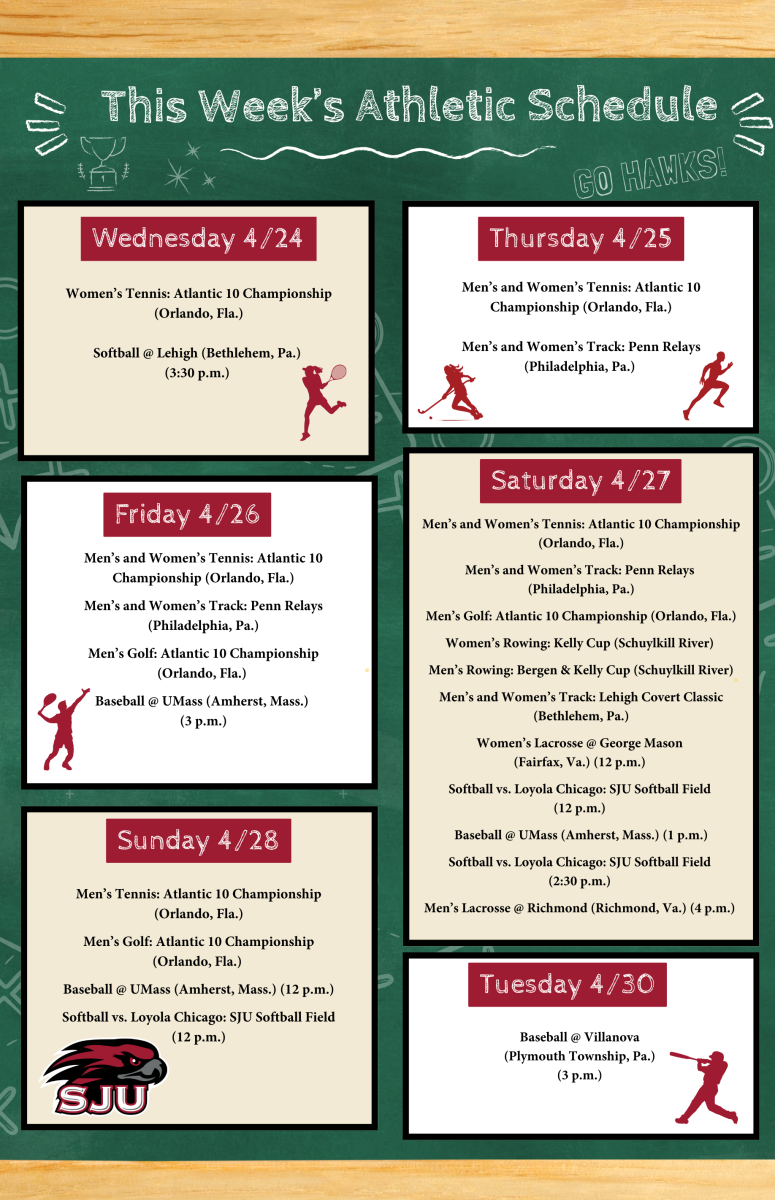How MLK might perceive kneeling for national anthem
Martin Luther King Jr.’s ideas of peaceful protest have sparked a movement amongst National Football League players to create equality and change. Whether it’s the black power salute or kneeling during the national anthem, players want to be a part of it.
This campaign came to fruition when its leader, former San Francisco 49ers quarterback Colin Kaepernick, stated, “I am not going to stand up to show pride in a flag for a country that oppresses black people and people of color. To me, this is bigger than football and it would be selfish on my part to look the other way.”
A modern Civil Rights Movement such as this one should naturally investigate what King’s perspective would have been on the matter of NFL protests. His words exhibited great meaning and power, but it is incredibly important for them to not be taken out of context. With regards to black power, King’s words can easily be picked apart, construed and flipped upside down.
“Yet it is not yet enough to condemn [black power] nor to be complacent because its appeal is narrow,” King said.
His words have a specific meaning that is not always clear to the reader at first glance. Brian James Yates, Ph.D., assistant professor of modern and pre-modern African history, further elaborates on the impact of King’s rhetorical legacy.
“Just because the appeal may be narrow, does not mean it shouldn’t be supported,” Yates said. “The concept is in place to respond to the actual problem; innocent black lives being taken away.”
This idea of highlighting injustices while also standing together in solidarity has given Philadelphia Eagles safety Malcolm Jenkins the inspiration necessary to utilize his platform.
“My original plan was to have teammates white and black stand together raising their fists [during the National Anthem], so that it’s no longer a white or black issue and people can’t automatically write it off like it is dividing, because it’s not a black power salute,” Jenkins said in an interview with Sports Illustrated.
Based on King’s values, it seems as if he would have supported this method of peaceful protest as its intention is to show unity rather than rebellion.
“Dr. King’s pride in nonviolent direct action allows for one to see humanity out in the open,” Yates said. “The national anthem is a rare time that every player in the league can use their platform to show how far we need to go.”
While every player is encouraged to use their platform and show support, King would likely have deemed it necessary to strategically pick players to showcase leadership positions. Not everybody has the capability of being the modern day Muhammad Ali. Yates agrees with this planning technique and explains Dr. King’s point of view.
“A person like Rosa Parks was put into place by design throughout the Civil Rights Movement,” Yates said. “Her character could not be assassinated. Kaepernick is an ideal leader for the movement. He was adopted and has had no trouble with the law. He is living by the culture.”
Establishing peaceful protest methods is a number one priority for activists, but being able to articulately retort opinions against the movement might be just as important. A strategic response to comments from individuals, such as Pittsburgh Steelers offensive tackle and former service member Alejandro Villanueva, are critical in keeping the movement’s legitimacy afloat.
“I agree that America is not perfect,” Villanueva told the Pittsburgh Post-Gazette. “I agree that there are a lot of issues with minorities in this country. And I agree that we should do something about it, but I don’t know if the most effective way to do it is to sit down when the national anthem is playing.”
Another question revolves around how a player can use King’s peaceful strategies to convince another person that the intentions behind kneeling are not aimed at disrespecting the flag. San Francisco 49ers strong safety Eric Reid seems to have a response to this criticism.
“We chose to kneel because it’s a respectful gesture,” Reid wrote in an op-ed in the New York Times. “I remember thinking our posture was like a flag flown at half-mast to mark a tragedy.”
Strong positions, peaceful protest and words like Reid’s firmly resonate with people, in King’s time and today. King’s message to take direct and nonviolent action has fueled a modern day Civil Rights Movement right within the NFL.









































